EU politics
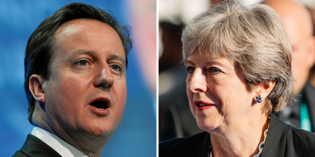
A tale of two failures: poor choices and bad judgements on the road to Brexit
How did we get where we are on Brexit? Many major political events are shaped by institutions and long-term social changes, but the political choices of leaders matter too. Ben Worthy assesses how the short-term decisions of David Cameron and Theresa May have led to this avoidable Brexit mess.
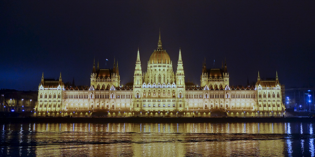
The slow death of Hungarian popular sovereignty
Hungary’s Prime Minister, Viktor Orbán, is often accused of promoting a form of ‘illiberal democracy’, where governance is rooted in the popular support of a majority of the country’s citizens, but without a strong guarantee of minority rights and the rule of law. Lise Esther Herman argues that this criticism, which has been put forward by many of Orbán’s opponents, overlooks that it is not only liberal principles that are being trampled on in Hungary, but also the notion of popular sovereignty itself.

A strange irony: How the EU withdrawal process ended up saving the Human Rights Act
Even though it looks increasingly likely the Brexit deal will not survive its first hurdle in parliament, there is yet more evidence in its pages that Brexit has saved the Human Rights Act and secured Britain’s long term future as party to the European Convention on Human Rights (ECHR), writes Frederick Cowell. In the Political Declaration on the Framework of Future relations with the EU, the document accompanying the withdrawal agreement, under the heading ‘core values and rights there is a commitment to ‘respect the framework of the European Convention on Human Rights’. In the text of the withdrawal agreement itself – which would be a legally binding on the government – there are provisions in the Protocols on Northern Ireland, which seem to assume the UK remains a party to the ECHR.
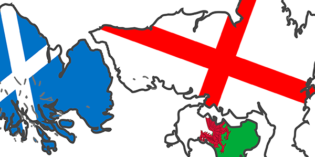
Schrodinger’s devolution and the potential for ongoing political instability after Brexit
Territorial governance in the UK has taken the form of ‘Schrodinger’s devolution’, where the devolved nations both have and have not experienced fundamental constitutional change. But Brexit highlights the need for exact decisions where ambiguity has so far existed, explain Mark Sandford and Cathy Gormley-Heenan.
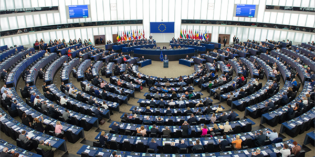
The realignment of European voters and parties over cultural values is transforming political competition
Over the past 40 years, both citizen and party elite opinions on economic and cultural issues have shifted, with increasing cultural cleavages gaining particular significance. Russell J Dalton demonstrates how these changes are transforming current European party competition and electoral dynamics.
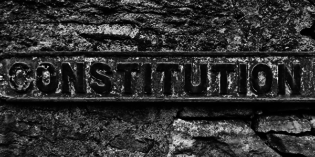
The UK is heading towards a constitutional crisis over Brexit
As the clock runs down on Article 50, a political crisis is looking increasingly likely. However, Iain Begg argues that this could become a more damaging constitutional crisis if Parliament is unable to settle how Brexit proceeds.
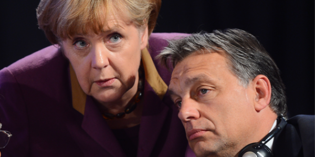
Opening up Pandora’s box? How centre-right parties can outperform the radical right on immigration
It is often assumed that populist radical-right parties have dominated European politics throughout the refugee crisis period (2015–18) and laid claim to the immigration issue. James F. Downes, Matthew Loveless and Andrew Lam argue that this narrative is far too simplistic and that incumbent (governing) centre-right parties have responded to the electoral threat of the radical right by highlighting their own anti-immigrant positions. This strategy has helped the centre right to outperform the far right and even offset electoral challenges from them. However, it may also be a double-edged sword that benefits the radical right in the longer term.

Conservative Brexiteers are offering unserious answers to serious questions in Northern Ireland: the consequences for the Union are significant
Proposals from backbench Brexiteer MPs as to how to resolve the border question in Northern Ireland fail to address the problem of maintaining a common set of standards with Ireland post-Brexit. Sean Swan argues that, given public opinion in England, a customs border in the Irish Sea, with divergence between Great Britain and Northern Ireland, is a likely outcome.

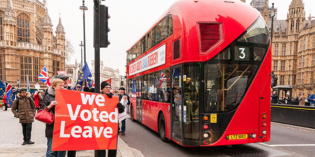


 Democratic Audit's core funding is provided by the Joseph Rowntree Charitable Trust. Additional funding is provided by the London School of Economics.
Democratic Audit's core funding is provided by the Joseph Rowntree Charitable Trust. Additional funding is provided by the London School of Economics.